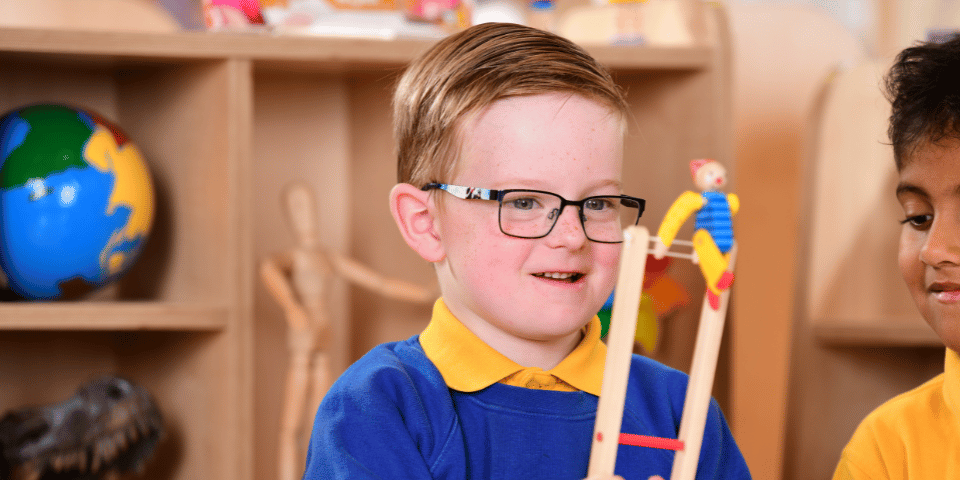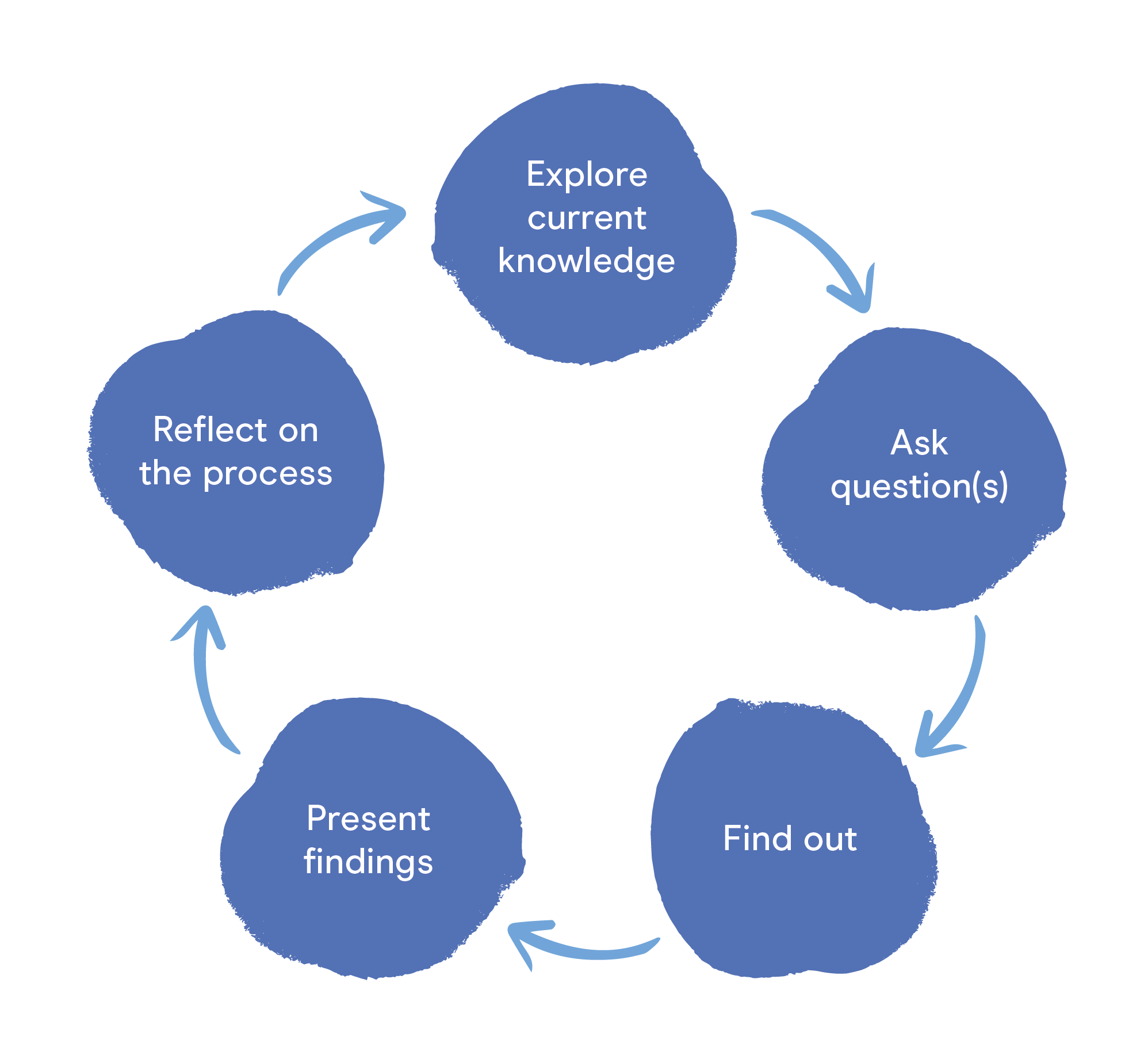Enquiry Based Learning – So much more than ‘Go find out…’
“Tell me and I forget, teach me and I may remember, involve me and I learn.’’
Benjamin Franklin
What is Enquiry Based Learning?
When some people think of Enquiry Based Learning (EBL), they might picture free choice ‘Projects’ – children choosing an area of focus, copying illustrations and text, cutting and sticking images, often with little planning and input from adults, and limited impact on real growth of knowledge.
In reality, Enquiry Based Learning (or Inquiry Based Learning) is much more than that. It’s a pedagogical approach that teaches and supports children to pose and explore questions, problems, and scenarios, fostering a much deeper understanding of the subject matter. It shifts the focus from traditional teacher-led instruction to a more pupil-centred approach, taking account of children’s interests and building them into the learning wherever possible and empowering them to take charge of their educational journey.
‘Inquiry is not a ‘subject’ but rather a stance and a mindset for both educators and learners.’
Kath Murdoch, The Power of Inquiry
The Benefits of Enquiry Based Learning
- Builds on children’s natural curiosity
- Engages and motivates
- Develops transferable skills – being organised, critical thinking, problem solving
- Provides opportunities for sharing thinking and learning
- Encourages children to reflect on their learning
- Supports collaboration and communication
- Makes links between areas of learning
- Builds on prior knowledge
- Develops skills of ‘enquiry’ that are now a part of everyday life
Research tells us that children are more engaged and motivated when they are interested in a topic and given an element of choice in what or how they learn. Enquiry Based Learning takes account of children’s interests, building them into the learning wherever possible, tapping into their natural curiosity and allowing it to flourish while increasing the number of opportunities for them to engage in self-initiated and independent learning. The process of enquiry goes beyond acquiring knowledge. It helps children make connections between different areas of learning and develop transferable skills such as organisation, collaboration, critical thinking, problem solving, and reflection. Through Enquiry Based Learning, pupils also explore creative ways to share their progress with a wide range of audiences, building confidence and communication skills for the future.



Developing an Environment for Enquiry Based Learning
‘Enquiry-based learning is more than a method. It is an overarching attitude to knowledge in the classroom. And these attitudes are visible through the behaviour and language of everybody in that room, especially the teacher.’
Bill Lucas, Centre of Real-World Education
For Enquiry Based Learning to be successful, strong foundations need to be in place. Effective Enquiry Based Learning begins with an enquiring adult, in a setting where Enquiry is both inspired, modelled and promoted. Do engaged adults openly enquire, question, puzzle, and wonder? Are they open to new experiences? Do they model the characteristics of an effective learner?
An effective enquiry practitioner values the discoveries and connections children make. They welcome questions, knowing that they can be a means to challenge thinking, extend understanding, and deepen learning. In your setting, what value is placed on curiosity? Are children confident to ask questions – even when they risk being wrong?
Flexibility is key. This means a willingness to amend plans and timetables, often at short notice, as you respond to children’s ideas and interests, or events. Be prepared to take a risk and let go of the reins, accepting that learning may well take a different direction than the one you’d planned, but that this route will still enable you to achieve desired outcomes.
Now consider the physical environment: do your EYFS and KS1 children have access to high quality continuous provision where carefully curated, open-ended resources will intrigue and entice, where children can demonstrate their thinking and ideas in different ways through writing, reading, drawing, painting, building, sculpting, designing, calculating, performing…?
Developing a specific Science Area in EYFS, or an Enquiry Area in KS1 can be a powerful way to foster questioning, exploration, and problem solving.
The Early Excellence Complete Classroom Solutions provide a full set of high-quality continuous provision resources, storage and furniture units all carefully curated to provide your children with easy access to open-ended resources and that support and help facilitate Enquiry Based Learning.
If you are considering the transition into KS1 and thinking about bringing continuous provision into KS1 for the first time, then do look at our KS1 Starter Packs that contain a range of intriguing and open-ended continuous provision resources differentiated for KS1 children.
Examples of Enquiry Based Learning
Enquiry Based Learning can take many forms, but they all broadly follow the sequence below:
As a pedagogical approach, Enquiry Based Learning places the child at the heart of the process, but this does not mean that all decisions are left to them. Effective Enquiry Based Learning takes time to embed, as the skills involved require careful planning and explicit teaching. The degree to which children can enquire depends upon the ability they have to pose meaningful questions, identify and access sources, and present their learning.
As children grow in experience, the level of support and guidance they need will change. In the later stages of KS2, children who have experienced this approach for several years, may well be able to decide on the focus of an enquiry and work with a large degree of independence. Children in KS1, on the other hand, will need adults to scaffold and support their exploration and learning.
Types of Enquiry Based Learning
Enquiry Based Learning can be divided into different categories and considering each of these can help us to select the most appropriate approach for our children.
- Closed Enquiry: largely teacher controlled. The focus of the enquiry, as well as sources of evidence, are selected by the teacher, who also creates the questions and outlines the process. Children are directed through each stage.
- Guided Enquiry: control is shared by teacher and children, as appropriate to their experience and abilities. A general focus for enquiry is chosen by the teacher but children are given some choice within this. For example, under an umbrella theme of Transport, children might choose to focus on trains, boats, or cars. There is a balance between adult-led and child-led learning opportunities.
- Open Enquiry: largely pupil controlled. Children form their questions, source their own evidence, and present their findings in a range of ways.
It is worth considering different opportunities or levels of enquiry in relation to your own teaching. When we see enquiry as a stance rather than a separate subject, opportunities arise almost daily in our settings: Which bird laid the egg we found? How does the hole punch work? How can we improve the playground? How will we get to the Museum?
Effective Enquiry Based Learning requires spontaneity, enabling us to respond to sudden fascinations and questions – from exploring frost patterns on an icy morning, to the discussions prompted by a fox running across the playground.
A provocation or enhancement is a great starting point: ‘What is the mystery object?’. Similarly, a child’s question – ‘How does blood move around the body?’ – can spark a rich enquiry. Initially, children will need guiding through each stage, perhaps with a single question as a focus.
When considering long-term plans, a slight shift in approach can make a big difference, turning a ‘topic’ into an ‘enquiry’. This can be done by promoting curiosity and questioning. For examples, rather than delivery a topic as a fully pre-planned package, you might start with a series of questions to nurture thinking skills: How are houses built? How do animals survive in the cold? Why do we feel warm after exercise?
Put very simply, we can’t always give children ‘free choice’. A group may be fascinated by tigers but allowing them to develop an enquiry based on a visit to a zoo where there are none, will not be a success. Instead, they could be asked to choose (or be carefully ‘directed’ to choose) from a set number of animals that you have planned to focus on during the visit, knowing that you can provide further resources for children to explore further.
The quality of information sources provided is key. We know that asking children to find information on the internet or in books without adult support is challenging for many reasons. Whatever the enquiry, we must provide appropriate visits, books, fact sheets, videos, images, artefacts and other resources to support it – often as part of direct teaching sessions.
Remember too that ‘experts’ can be a fantastic source of information. They don’t always need to be specialists such as the police – colleagues, family members, and people from your local community can be a rich source of knowledge. First hand, meaningful information about local history, animals, the geography of the school catchment area or practical skills such as how to build a brick wall, can all be brought to life with an interesting visitor or visit.
Throughout an enquiry, direct teaching will continue, linked to the enquiry where it is relevant but avoiding tenuous links. For example, teaching an aspect of data collection would work well within an enquiry on transport but other areas may need to be taught separately. Knowing which curriculum areas do not fit within an enquiry is as important as planning those which do.
Further Reading – Key Figures in Enquiry Based Learning
Lilian Katz
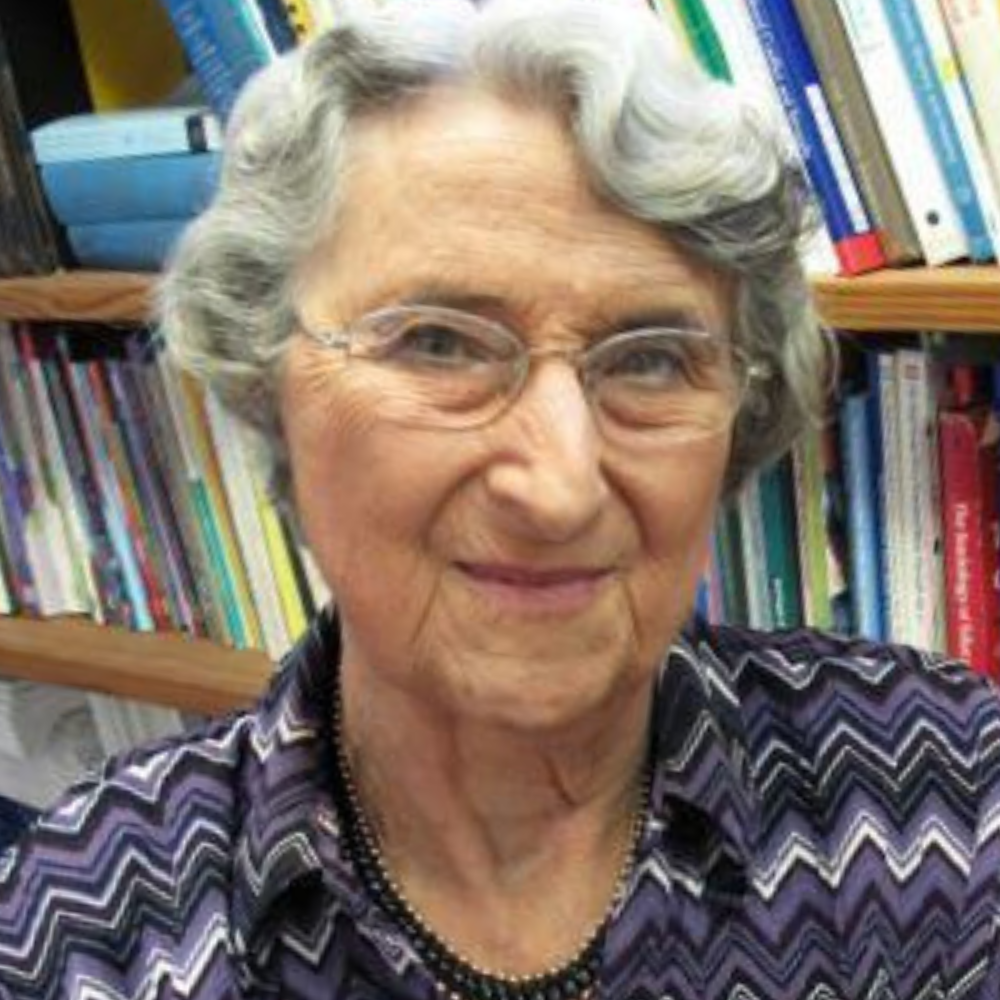
Dr. Lilian G. Katz is an international leader in early childhood education, widely recognised for her work on the Project Approach – a method that emphasises deep learning through engagement in projects that genuinely interest children, enhancing their understanding and motivation.
She highlights the importance of learning that is both meaningful and relevant to children, arguing that by tapping into children’s natural curiosity, project-based enquiries can lead to deeper engagement and more profound understanding.
Key texts by Lilian Katz include:
- ‘Young Investigators: The Project Approach in the Early Years (Early Childhood Education Series)’ (2023)
- ‘Engaging Children’s Minds: The Project Approach’ (2014)
Kath Murdoch
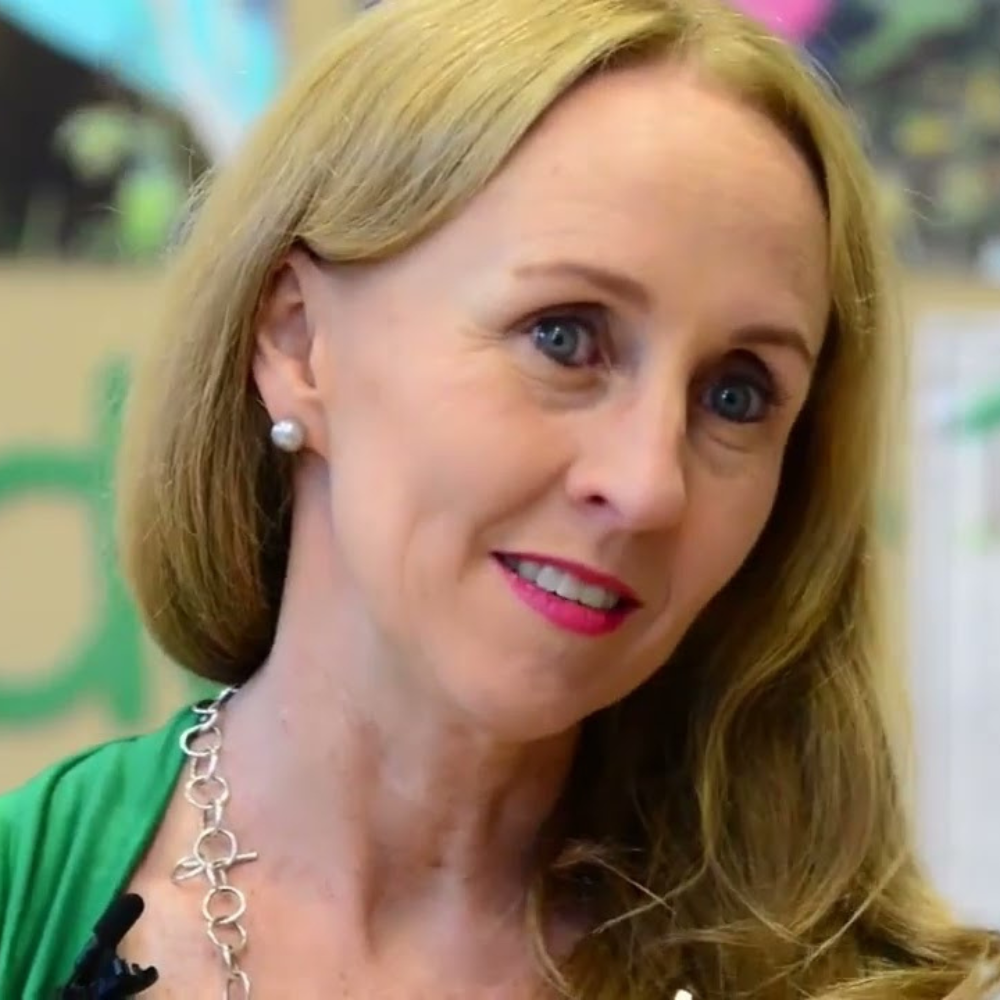
Kath Murdoch is an experienced primary teacher, writer, university lecturer and consultant who emphasises the importance of creating a culture of enquiry in the classroom – one where curiosity is valued, and students are encouraged to ask questions. Much of her work focusses on practical strategies to approach Enquiry Based Learning with children of all ages.
Kath Murdoch is an author of 17 books, including:
- ‘The Power of Inquiry’ (2015)
- ‘Getting Personal with Inquiry learning’ (2022)
- ‘From Agency to Zest: A Journey Through the Landscape of Inquiry’ (2023).
Reflections on Enquiry Based Learning:
- Consider how you can create a more enquiry-led environment in your day-to-day practice by identifying opportunities for children to explore solutions, investigate problems, and ask meaningful questions.
- Reflect on the depth of practical research and investigation possible within your selected enquiry. For example, ‘Superheroes’ may be an engaging theme, but it doesn’t lend itself to the same first-hand exploration opportunities as an enquiry like ‘the local supermarket’ or ‘how our community works’ does.
- Plan with children’s interests in mind – but remember that you are also the person who can inspire new fascinations. By introducing fresh ideas, experiences, and provocations, you can broaden their horizons and spark curiosity in areas they may not have encountered before.
To conclude, Enquiry Based Learning is undoubtedly demanding – for practitioners as well as for children. But it is also deeply rewarding. By taking the risk and making even small shifts in your pedagogical approach, you can transform your classroom into a place where curiosity thrives. Watch as children demonstrate growing enthusiasm, confidence, and competence, taking genuine ownership of their learning and developing skills that will serve them for life.
Watch Kath Murdoch discussing Enquiry Based Learning with Early Excellence:
Hear more about Enquiry Based Learning in this Podcast Episode:
Find Out More
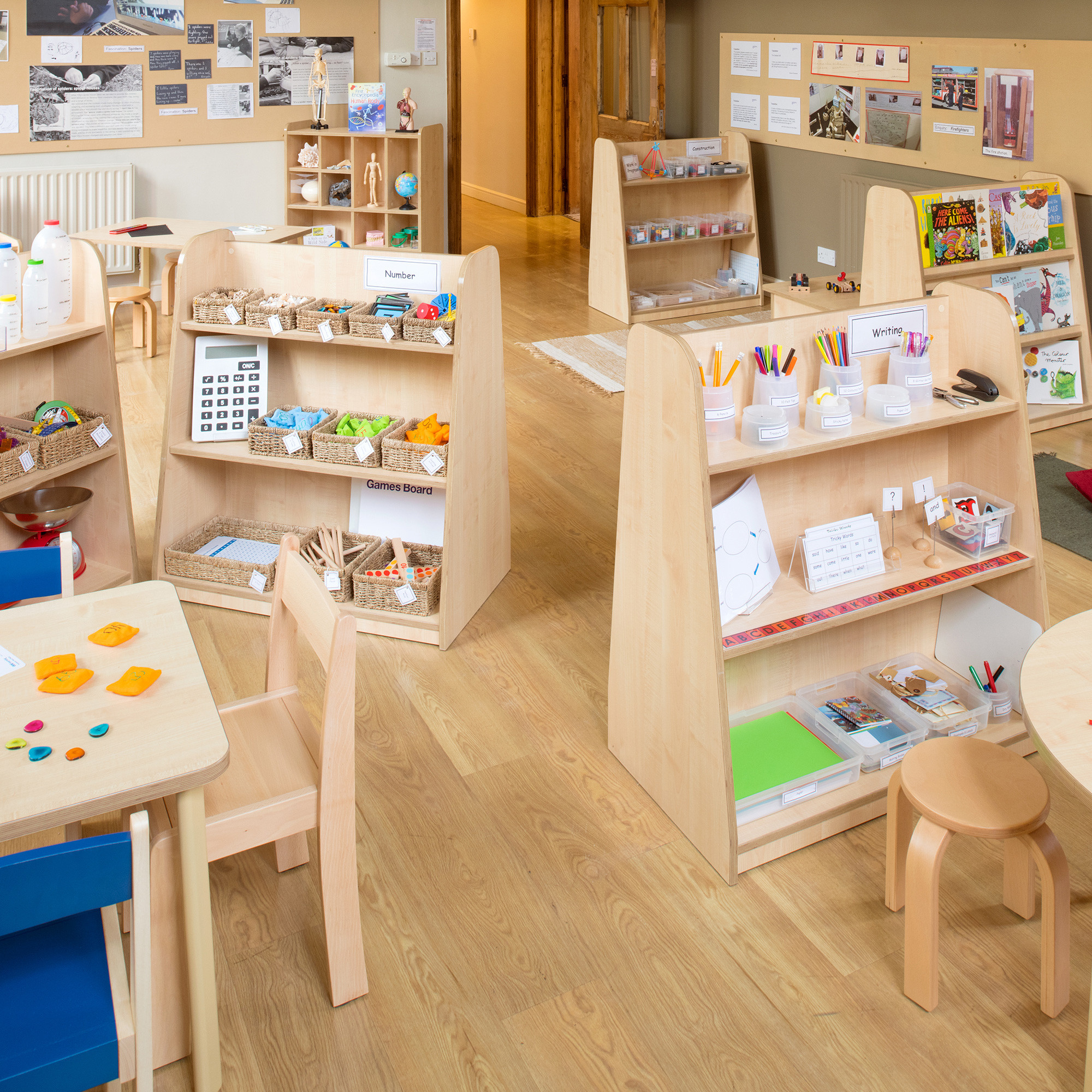
How effective is your KS1? Join our KS1 Roadshow Tour where we invite KS1 teams to consider how to realise the learning potential of their environment and join us for a guided tour of the Early Excellence model classroom.
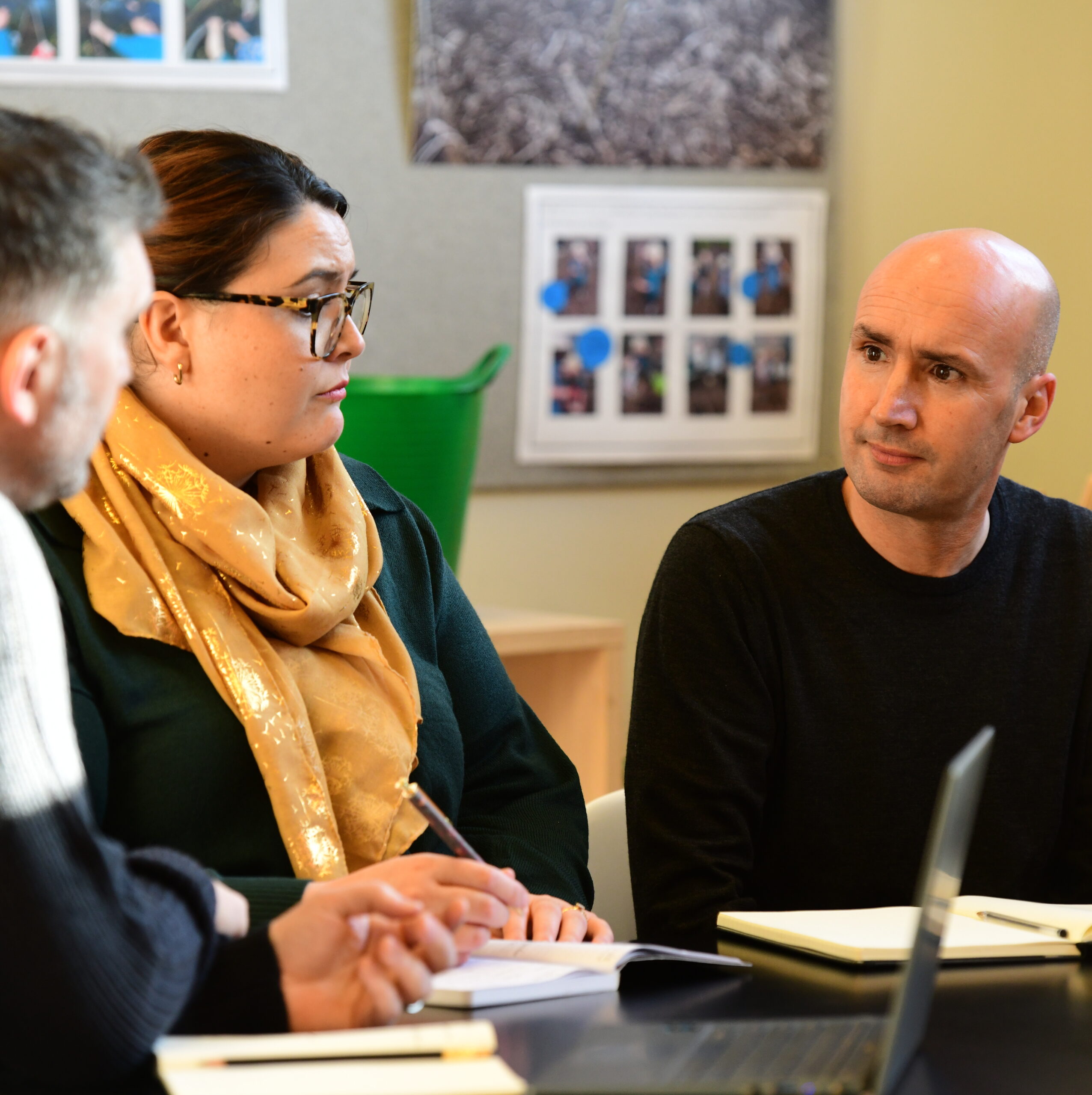
Speak to one of our Curriculum Consultants to help you with designing a new space or an existing classroom. We will work with you to discuss your vision and design your rooms to create a vibrant learning environment.
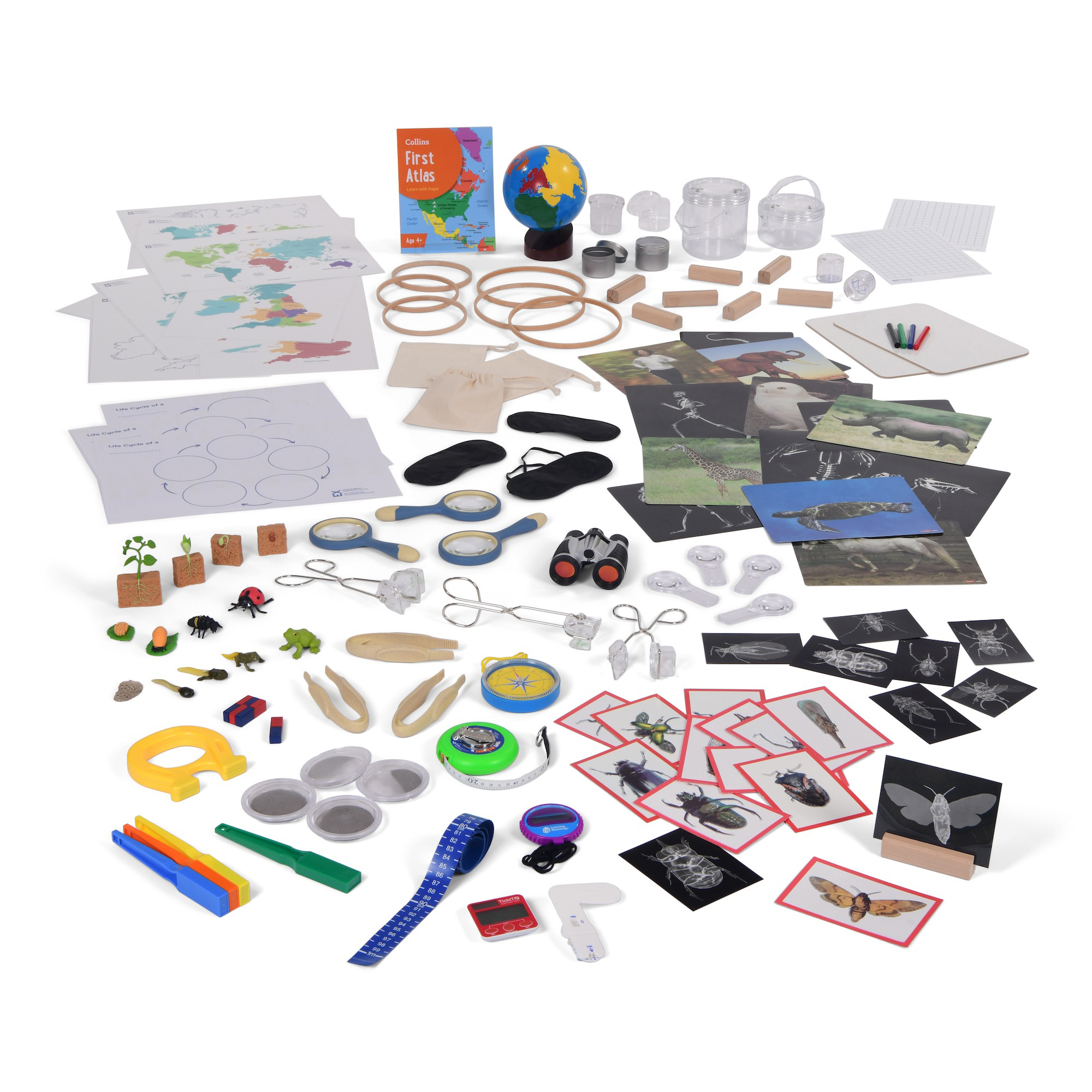
Spark curiosity and inspire future inventors with our Enquiry Area resources. Including a range of artefacts and resources to inspire the researchers and inventors of the future as children examine and experiment with ideas.

